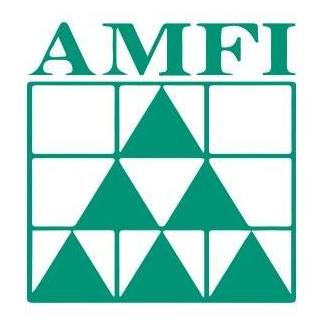#AMFI #SEBI #TERCut #MutualFunds #IndianFinance #CapitalMarkets #BrokerageFees #InvestmentNews #FinancialRegulation #IndianEconomy
Mumbai: The Association of Mutual Funds in India (AMFI) has formally requested the Securities and Exchange Board of India (SEBI) to maintain the status quo on the current Total Expense Ratio (TER) structure for mutual fund schemes. This opposition is primarily aimed at SEBI’s draft consultation paper proposing significant cost reductions across the industry.
Key Objections Raised by AMFI:
-
Proposed TER Reduction: SEBI has proposed a 15 basis points (bps) uniform cut in the maximum permissible TER for equity funds across all AUM slabs.
-
Example: The highest TER for equity funds with an Asset Under Management (AUM) of less than ₹500 crore would be lowered from 2.25% to 2.10%.
-
-
Impact on AMCs and Distributors: Industry officials argue that a 15 bps cut on large schemes (which already operate at lower TERs around 1.05%) is too steep and would severely impact the wafer-thin profit margins of Asset Management Companies (AMCs) and the commissions earned by distributors.
-
Fund houses contend that a uniform reduction does not make business sense, as smaller funds may be able to absorb the cut more easily than larger, already-cost-efficient schemes.
-
-
Proposed Brokerage Reduction: SEBI also proposed a sharp reduction in the permissible brokerage paid to stock brokers for cash market transactions, cutting the limit from 12 bps to a mere 2 bps.
-
AMFI’s Counter-Proposal: The industry body has requested that this limit be revised to 5 basis points, arguing that 2 bps is practically unfeasible for current operations and may reduce the quality of execution and research.
-
What is the Total Expense Ratio (TER)?
The TER is a measure of the total annual cost of a fund to an investor, expressed as a percentage of the fund’s Average Assets Under Management (AUM).
These expenses cover:
-
Management fees (salaries for fund managers and research).
-
Administrative and operational costs (custodian, audit, legal, and compliance fees).
-
Marketing and distribution expenses (commissions paid to distributors).
TER is deducted from the fund’s daily returns, meaning a lower TER directly results in higher net returns for investors over the long term.
SEBI’s proposals are aimed at passing on the benefits of the mutual fund industry’s growing scale to investors through lower costs and greater transparency, while the industry is seeking a more gradual approach to ensure business sustainability. The public comment deadline for the consultation paper is November 24.
You can watch an analysis of SEBI’s proposal on the mutual fund fee structure and its potential impact on investors here: Feroze Azeez Analyses SEBI’s Proposal Of Major Mutual Fund Fee Overhaul & How It Will Impact You. The linked video provides an expert analysis of SEBI’s proposed overhaul of mutual fund fee structures, which is the subject of AMFI’s objections.
#AMFI #SEBI #TERCut #MutualFunds #IndianFinance #CapitalMarkets #BrokerageFees #InvestmentNews #FinancialRegulation #IndianEconomy
Source: AMFI

